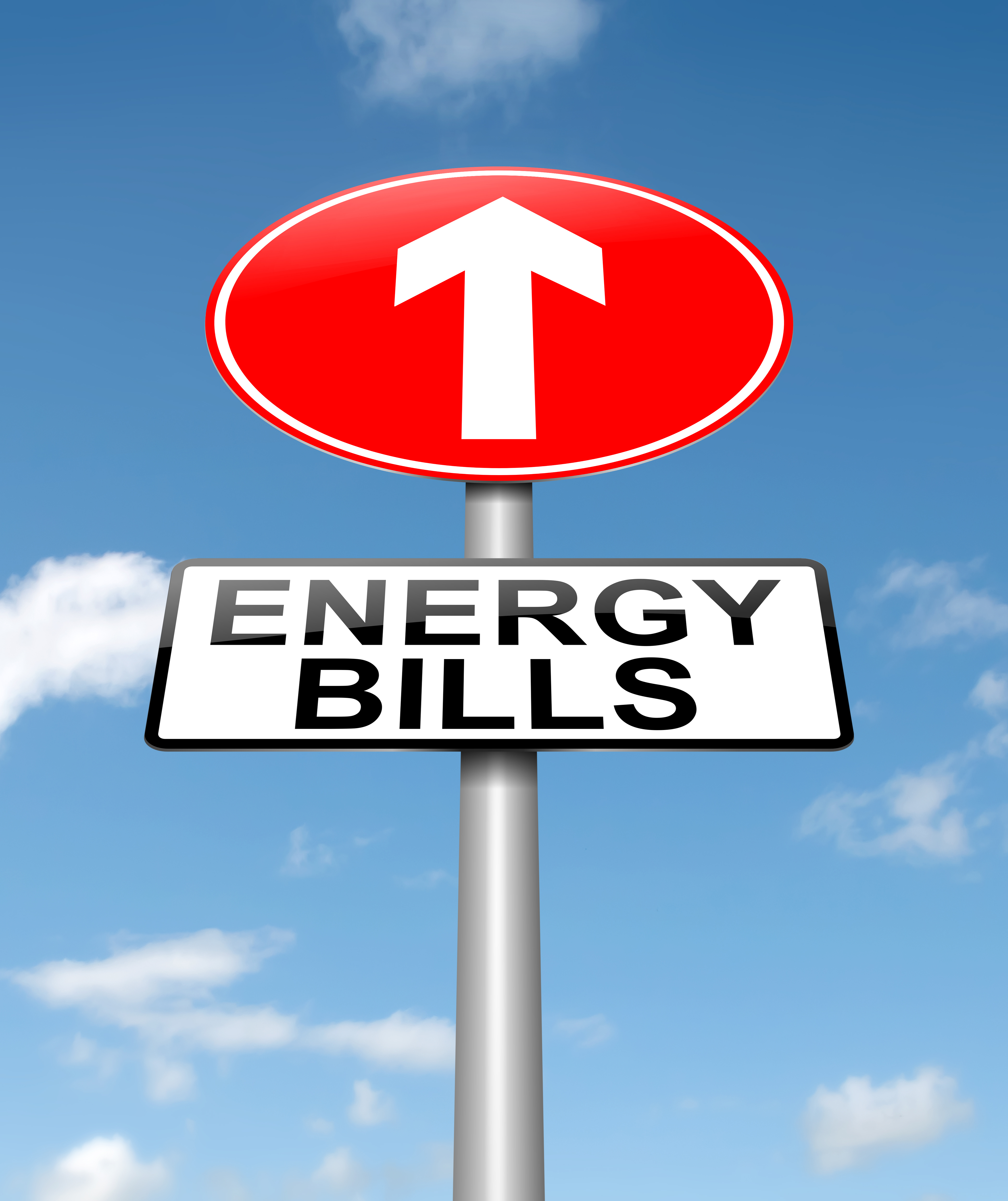Household Bills
MPs urge Ofgem to ‘use its teeth’ to make energy market transparent

Ofgem has come under fire by MPs for failing consumers by not taking all possible steps to improve transparency and openness in the energy market.
In a report published today, MPs said the energy regulator had not implemented expert recommendations to improve energy company reporting and had failed to ‘use its teeth’ to push through reforms.
The Department of Energy and Climate Change (DECC) report has called on Ofgem to make the energy market more transparent in a bid to bring back consumer trust and ease the burden of soaring energy prices on UK households.
According to DECC data, since 2007 average prices of gas and electricity have risen by 41% and 20% in real terms.
This has had an adverse impact on fuel poor households and thrown government targets to eliminate the problem by 2016 off-course, the DECC said.
The National Debtline received 15,502 calls in the first half of this year from people needing help with energy debts – a record increase of 10%.
The charity said it gets more calls from people in energy arrears than it does from people in arrears with payday lenders, mortgage and rent arrears.
Recent data around the issue of fuel poverty highlighted that in January this year, around 4.5 million households were in ‘fuel poverty’ and this number is set to rise.
Households who spend more than 10% of their income on gas and electricity are classified as in ‘fuel poverty’.
The main driver behind energy prices rises has been wholesale gas and electricity costs, but network charges, energy and climate change policies, and company costs and profits also contribute.
Adam Scorer, director of policy and external affairs at consumer campaign group, Consumer Futures, said: “MPs have given the energy market a thorough going-over. We welcome the report. There is no single solution for the energy market. But a necessary precondition for moving forward is to accept where and when policies and reforms have come up short. This report is an important reminder of where that has happened and what we need to do to about it.
“It may make DECC, Ofgem and energy firms squirm when they read it, but we all need to pay attention. Policy failures in this market translate very quickly into serious problems for households who have been hit by 40% and 20% rises in gas and electricity prices since 2007. Despite numerous reviews and reforms the energy market, both the behaviour of firms and the policy framework have failed to address the consequences of higher prices and a fundamental lack of consumer trust.”
In future, DECC estimated that its energy and climate change policies will add 33% to the average electricity price paid by UK households in 2020, in addition to any potential wholesale price rises. The Department has also said that household bills will be lower than they would otherwise be in the absence of policies.
The six largest energy companies have argued that the majority of these costs behind price rises are outside their control.
Despite huge turnovers, and in some cases large profits, the six largest energy companies have made significantly different levels of profit and loss between the supply and generation parts of their business.
The DECC said that ‘energy companies have been poor at communicating with their customers’ by providing confusing bills, complex tariffs and a lack of transparency around profit margins which have helped fuel deep mistrust among consumers.
Campaigners have been arguing that increasing transparency and simplifying bills would help to improve the currently low level of competition and that ‘increased competition is one of the best ways to ensure customers were paying a fair price for their energy’.